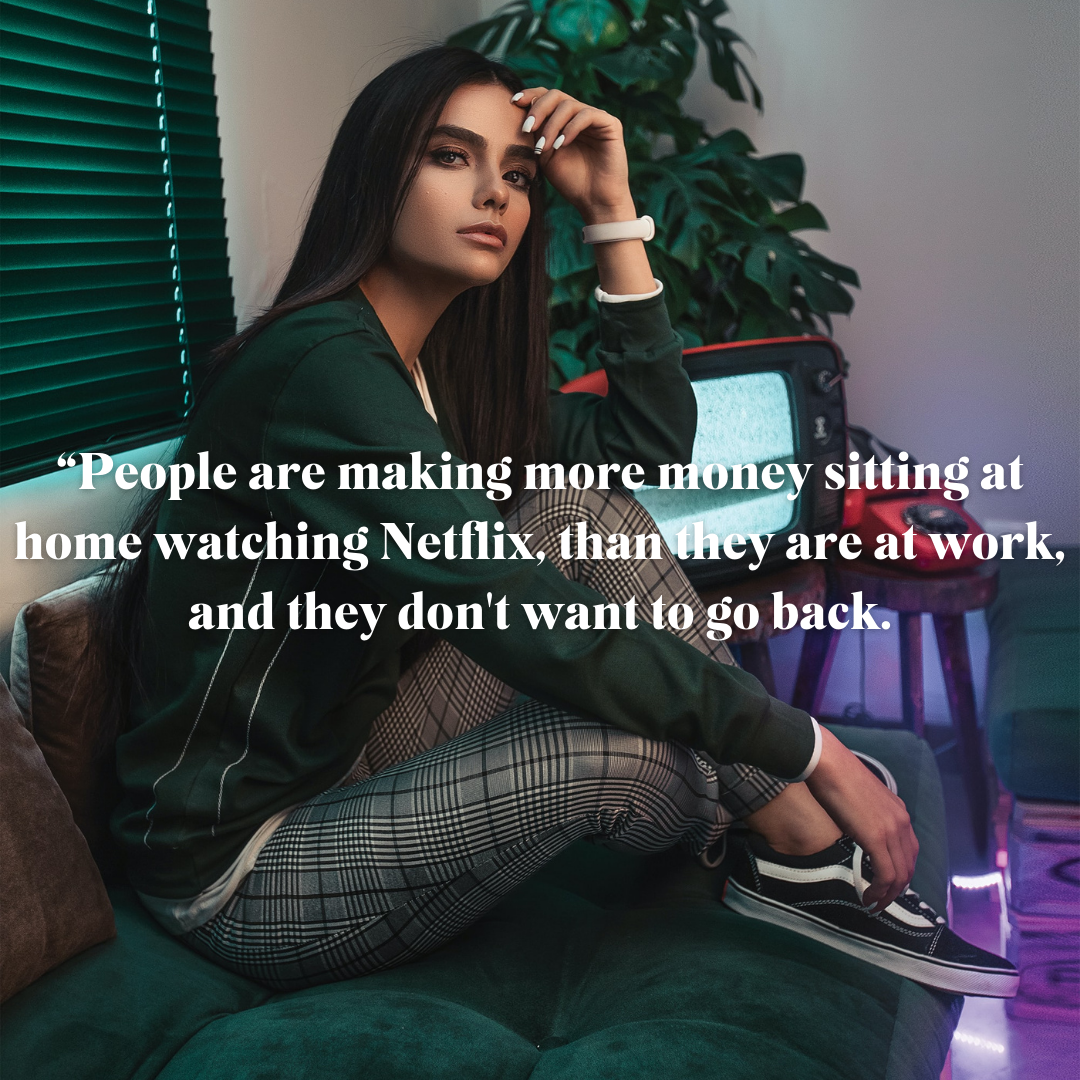Years ago, I coined the phrase “economic osmosis”.
Osmosis is a process by which molecules of a solvent tend to pass through a semipermeable membrane from a less concentrated solution into a more concentrated one, thus equalizing the concentrations on each side of the membrane (Wikipedia).
In economic “wage” osmosis, I used the example of how wages between countries can remain isolated and at different levels, until such a time where the two societies merge. At this point, the lower wage country will see their wages increase, while the higher wage country would see a fall in wages, until an equilibrium is reached, bringing the two wages together into one standard wage.
Imagine a city that is paying an average wage of $10/hr. an hour. ABC COMPANY moves in and offers $12/hr. The city is unable to find enough workers at $10/hr. so they are now forced to pay the higher wage. Somewhere in between a medium is reached and a new standard wage is established. Economic “wage” osmosis has occurred.
Correlate that example to the theme of a recent Money & Sense article I penned a few weeks back, which stated that despite a high unemployment rate in America, small businesses are still having difficulty finding available workers.
We drew the conclusion that the scarcity of workers, despite a high unemployment rate, was because of the generous unemployment bonus payments being paid by the Employment Development Department (EDD) due to CoVid-19.
Interestingly enough, whereas the United States is experiencing a $15/hour minimum wage push, which has become a political hotbed, the need to mandate this minimum wage may be slowly disappearing because of the wage osmosis occurring as a result of the higher EDD payments. Since EDD payments are higher than the current wages being offered on the open market, businesses are going to have to pay a higher wage to hire needed employees. It may also happen that $15/hour may still not be enough to entice workers to come back to work.
The government is acting like ABC Company by paying people a higher rate than what once was the previous going rate. The government is now competing with private businesses for available workers, driving wages up in the process. Although those collecting unemployment is not working per se, the EDD payment is a competitive compensation that is making it difficult for businesses to find willing workers. The workforce in essence is saying, “You must pay us a higher wage for us to give up our unemployment checks”.
Famed investor Jeffrey Gundlach seems to agree to say, “People are making more money sitting at home watching Netflix, than they are at work, and they don’t want to go back. I think one of the dangers that we’ve opened the door to is these stimulus checks are starting to feel like they might not go away”
Although we cannot make a carte blanche assumption that this is all that is at work here, it is not a stretch to visualize how this could be the reason workers are hard to find despite a historically high unemployment rate.
In a strange way, Washington may no longer need to argue the minimum wage issue. The $15/hr. minimum wage may already well be on its way to being a reality through wage osmosis, brought about by the lucrative EDD Pandemic Unemployment Assistance.
In past articles, I have illustrated that where government money goes, so goes inflation. We may be already witnessing this inflation in rising wages, caused by the massive amounts of money in the form of EDD unemployment payments.
The bad news is this will likely lead to “wage push inflation”, where higher wages eventually show up in the overall inflation rate of everything else we buy. Just out last week, a 4.2% annualized consumer price inflation rate shocked the markets.
I will conclude, that in my opinion, “you ain’t seen nothing yet”.
Opinions expressed here are those of Mr. Cuniberti and may not reflect those of any media outlet. Mr. Cuniberti holds a degree in Economics from SDSU. For a list of the services offered by Mr. Cuniberti, call (530)559-1214. California Insurance License #0L34249. Medicare Agent approved. Email: [email protected]. Opinions expressed here are those of Mr. Cuniberti and not those of any bank or investment advisory firm. Nothing stated is meant to insure a guarantee, or to be construed as investment advice. Neither Money Management Radio (“Money Matters”) receive, control, access or monitor client funds or portfolios. For a list of the services offered by Mr. Cuniberti, call (530)559-1214. California Insurance License #0L34249 and Medicare Agent approved. Insurance services offered independently through Marc Cuniberti and not affiliated with any RIA firm or entity. Email: [email protected].
Photo by Ali Pazani on Unsplash


